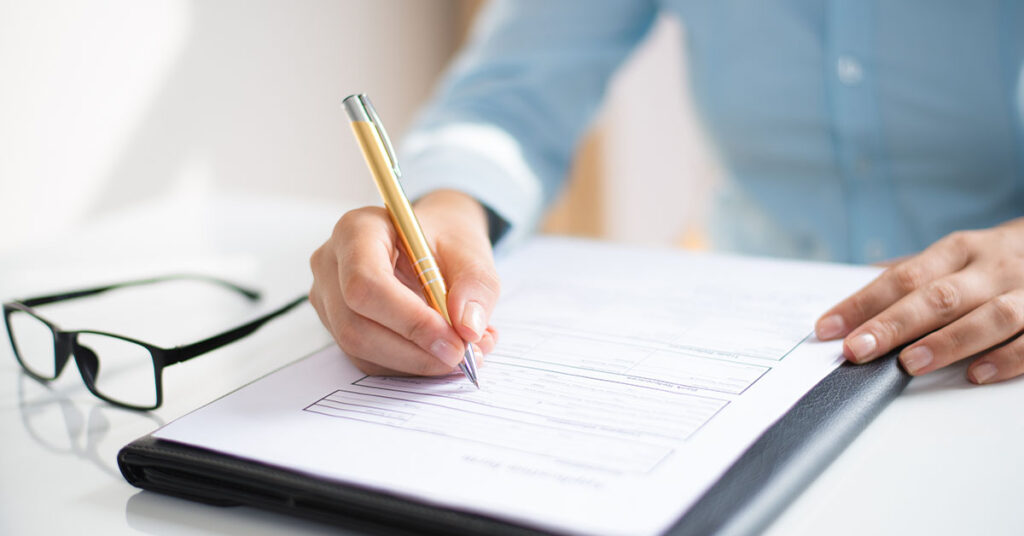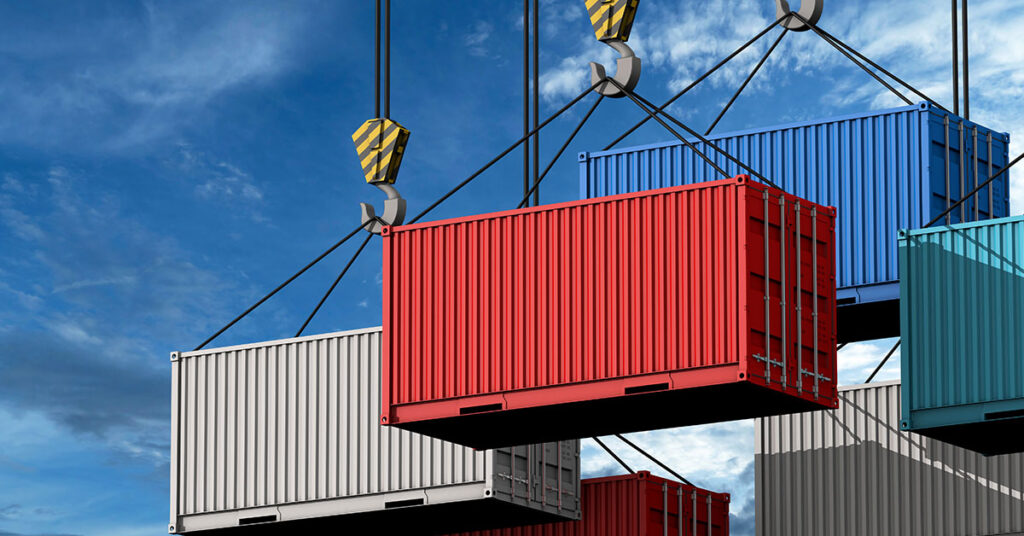If you’re an e-commerce seller who sells goods in the UK, you may have heard of Postponed VAT Accounting (PVA). This scheme is designed to simplify the process of paying VAT on goods imported into the UK, and it can benefit e-commerce sellers in several ways. In this blog post, we’ll take a closer look at how the PVA scheme works, who is eligible to use it, and the benefits it can offer to e-commerce sellers.
What is Postponed VAT Accounting (PVA)?
Postponed VAT Accounting (PVA) is a scheme that allows businesses to account for import VAT on their VAT return rather than paying it upfront when their goods reach the border. This means that businesses can defer the payment of import VAT until their next VAT return is due, which can help with cash flow and reduce administrative burdens.
Who is Eligible for the PVA scheme?
The PVA scheme is available to all VAT-registered businesses in the UK that import goods for use in their business.
Businesses based in Northern Ireland are still considered part of the EU VAT area and therefore do not need to pay import VAT on goods imported from the EU. The reverse charge will still apply.
Benefits of PVA for E-Commerce Sellers
There are several benefits of the PVA scheme for e-commerce sellers who import goods from outside the EU. Here are some of the key advantages:
Improved Cash Flow
One of the biggest benefits of the PVA scheme is that it can improve cash flow for businesses. By deferring the payment of import VAT until the next VAT return is due, businesses can free up cash that would otherwise be tied up in VAT payments. This can be particularly beneficial for e-commerce sellers who sell high volumes of goods and have tight cash flow constraints.
Reduced Administrative Burdens
The PVA scheme can also help to reduce administrative burdens for e-commerce sellers. By accounting for import VAT on their VAT return rather than paying it upfront at the time of import, businesses can simplify their VAT reporting processes. This can save time and reduce the risk of errors in VAT reporting.
Competitive Advantage
Using the PVA scheme can also give e-commerce sellers a competitive advantage over competitors who are not using the scheme. By deferring the payment of import VAT, businesses can reduce their costs and potentially offer lower prices to customers. This can help to attract new customers and increase sales.
How Does PVA Work?
Under the PVA scheme, businesses can defer the payment of import VAT until their next VAT return is due. This means that instead of paying import VAT upfront at the time of import, businesses can account for the VAT on their VAT return and pay it at the same time as the VAT due on their domestic sales.
To use the PVA scheme, businesses must include the import VAT they are deferring in their VAT return. They must also keep records of the imported goods, including the date of import, the value of the goods, and the amount of import VAT due.
How to utilise the PVA scheme in the UK
The PVA scheme was introduced in the UK in January 2021, following the UK’s departure from the EU. Prior to this, businesses importing goods from outside the EU were required to pay import VAT at the time of import. The scheme is optional, so you are still able to pay VAT upfront at the border if you’d prefer.
How to use PVA in the United Kingdom:
- Ensure you are registered for the Customs Declaration Service (CDS)
- Include the following information on the customs declaration form:
- Your EORI number
- Your UK VAT registration number
- Put code ‘FR1’ in Box (3/40)
- If you use PVA instead of a C79 document, you will get an online schedule of imports to download monthly.
Whether you continue to pay import VAT at the border or opt for PVA, you must register for CDS to continue efficiently importing into the UK.
If you do require assistance with the CDS registration process, our team of experts can assist with registration and can execute this process on your behalf. AVASK has a dedicated customs team which can help with all your customs declarations needs, leaving you to focus on running your business.
Postponed VAT Accounting in France
From January 2022, France made Postponed VAT Accounting mandatory for all VAT registered businesses under the standard French VAT regime.
To find out more information, read our blog post about the changes to import VAT in France
Postponed VAT Accounting in the Netherlands
Traders can defer payment of import VAT at the border by obtaining an article 23 licence, issued by the Dutch tax authorities. With this permit, VAT payment is delayed until you file your VAT return. To obtain an article 23 licence, businesses must meet specific legal requirements and a deposit may be required.
For non-Dutch importers, you are not able to directly apply for an article 23 permit and instead a tax representative must be appointed to file for the permit.
The fiscal representative is then responsible for the following (where applicable):
- Completing and filing your VAT return within the time frame
- Completing the intra-community transaction declaration
- Ensuring the reverse charge mechanism is applied
Conclusion
The PVA scheme is a valuable tool for e-commerce sellers who import goods from outside the EU. By deferring the payment of import VAT until their next VAT return is due, businesses can improve cash flow, reduce administrative burdens, and gain a competitive advantage. If you’re an e-commerce seller who imports goods from outside the EU, you should consider using the PVA scheme to simplify your VAT reporting processes and improve your bottom line.
Watch our YouTube video to find out more about the PVA scheme and how it can benefit you as a seller:
Get in touch
Tel: +44 (0)23 8060 0120
Email: enquiries@avask.co.uk















